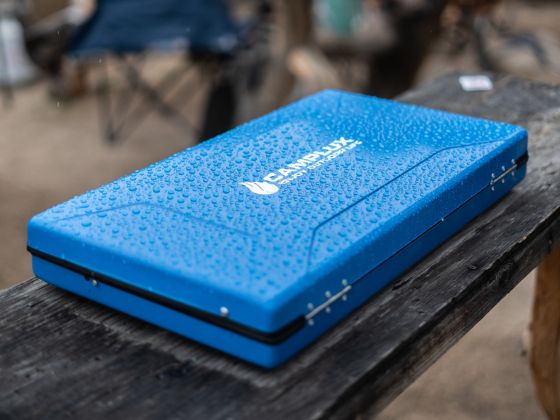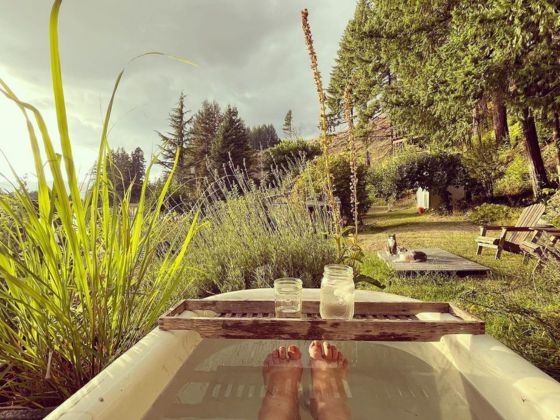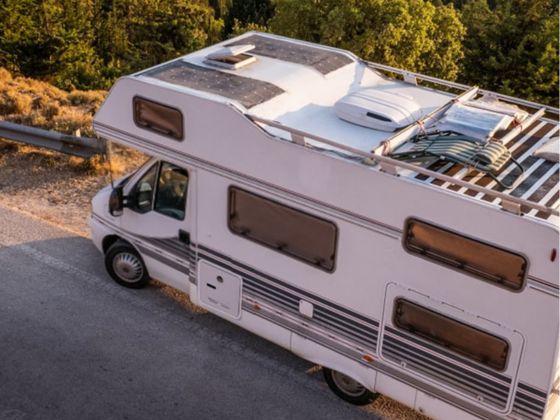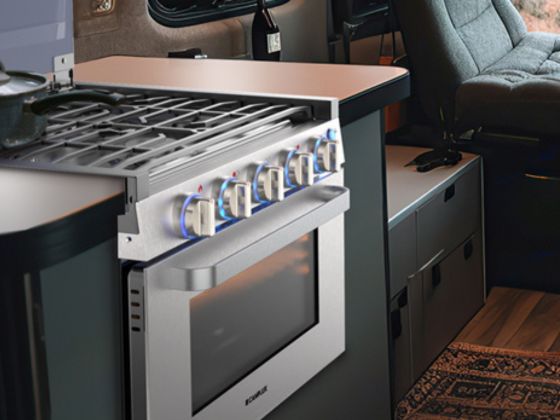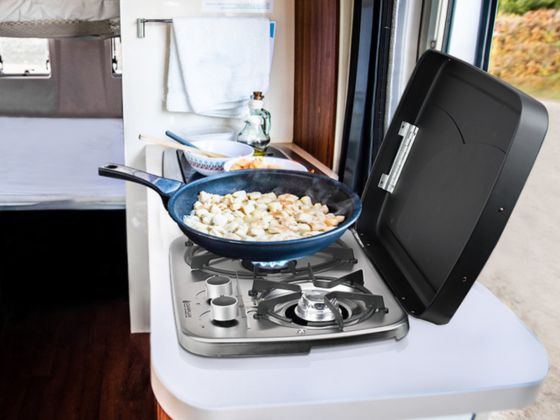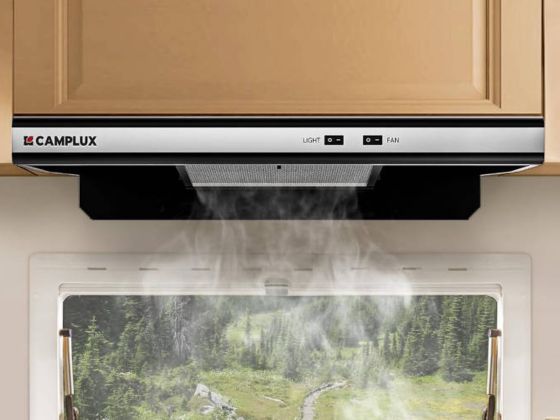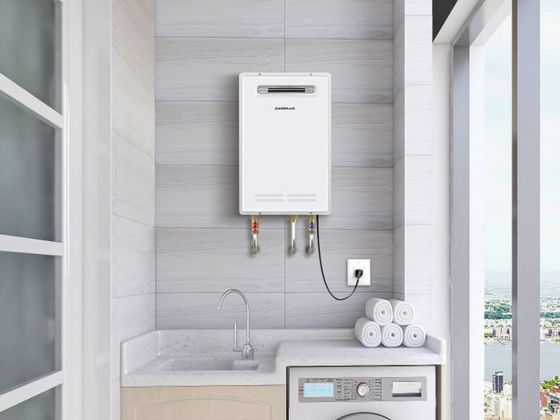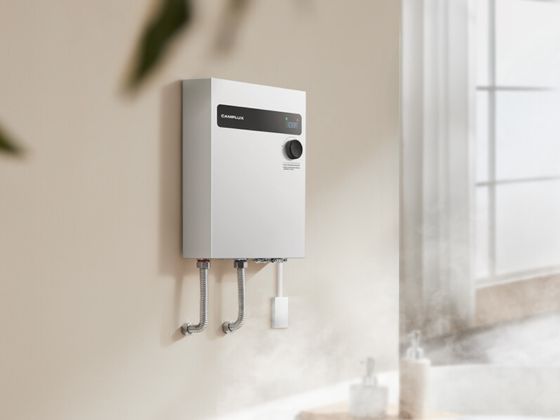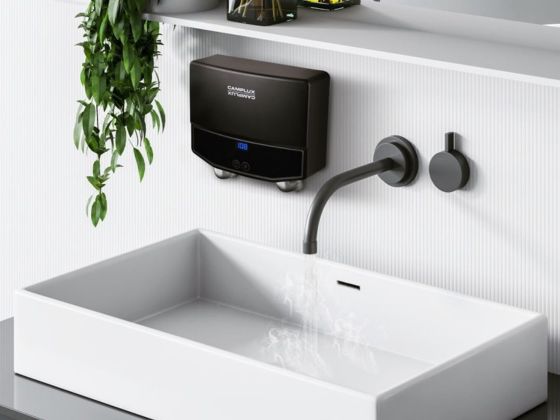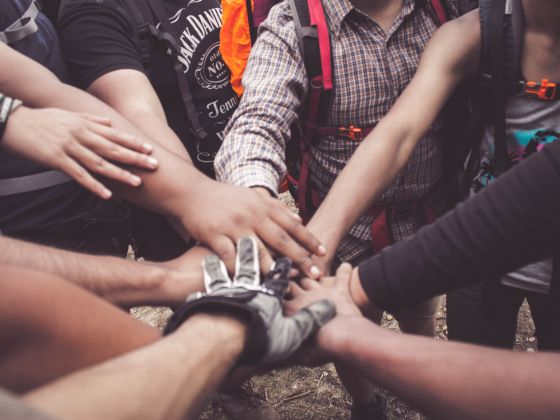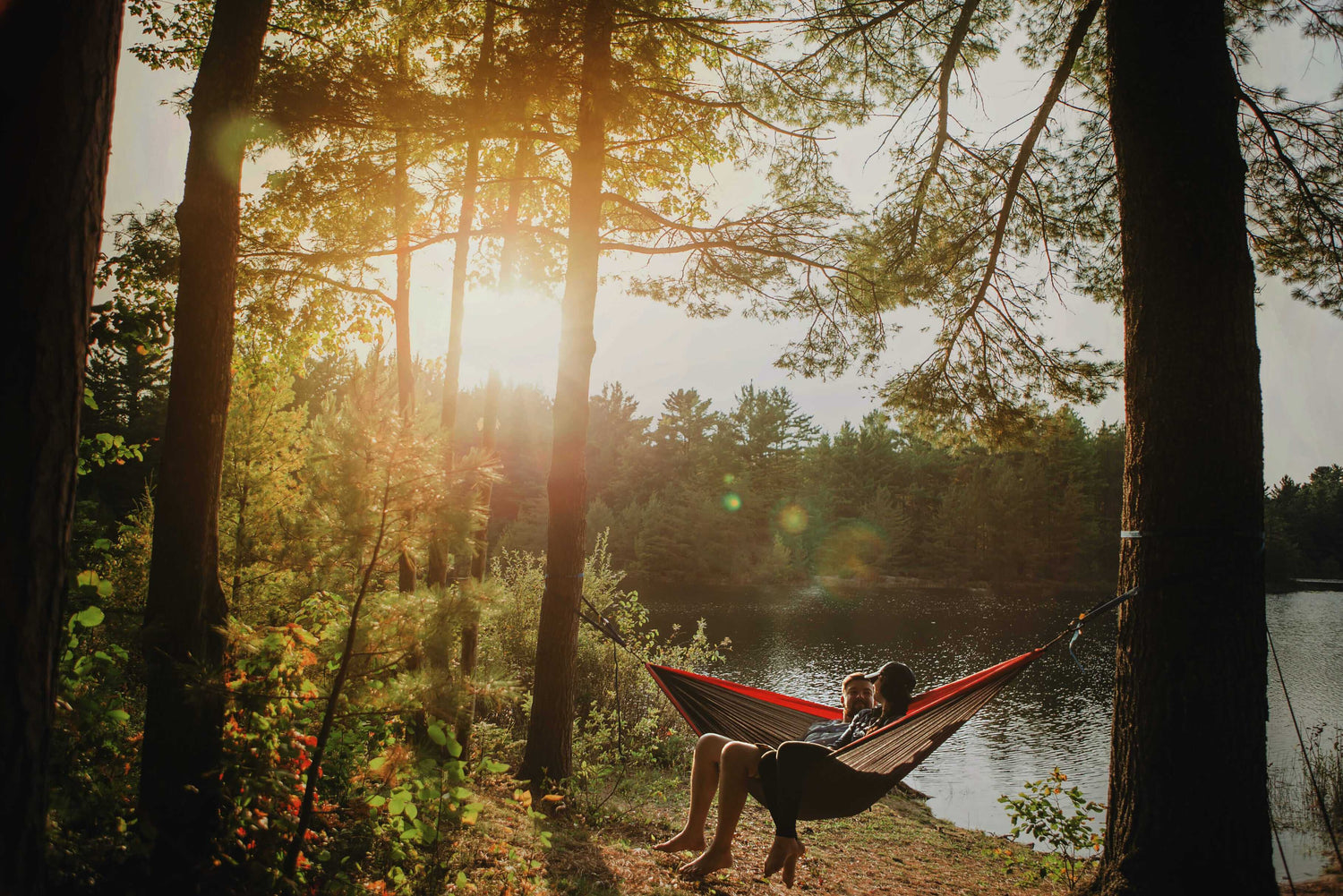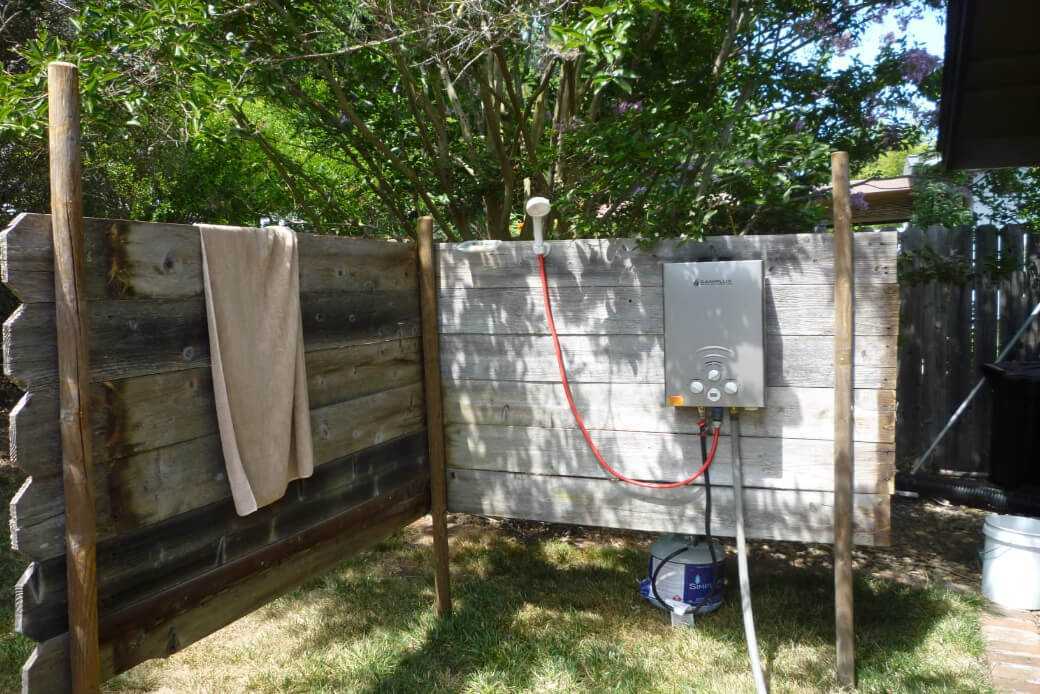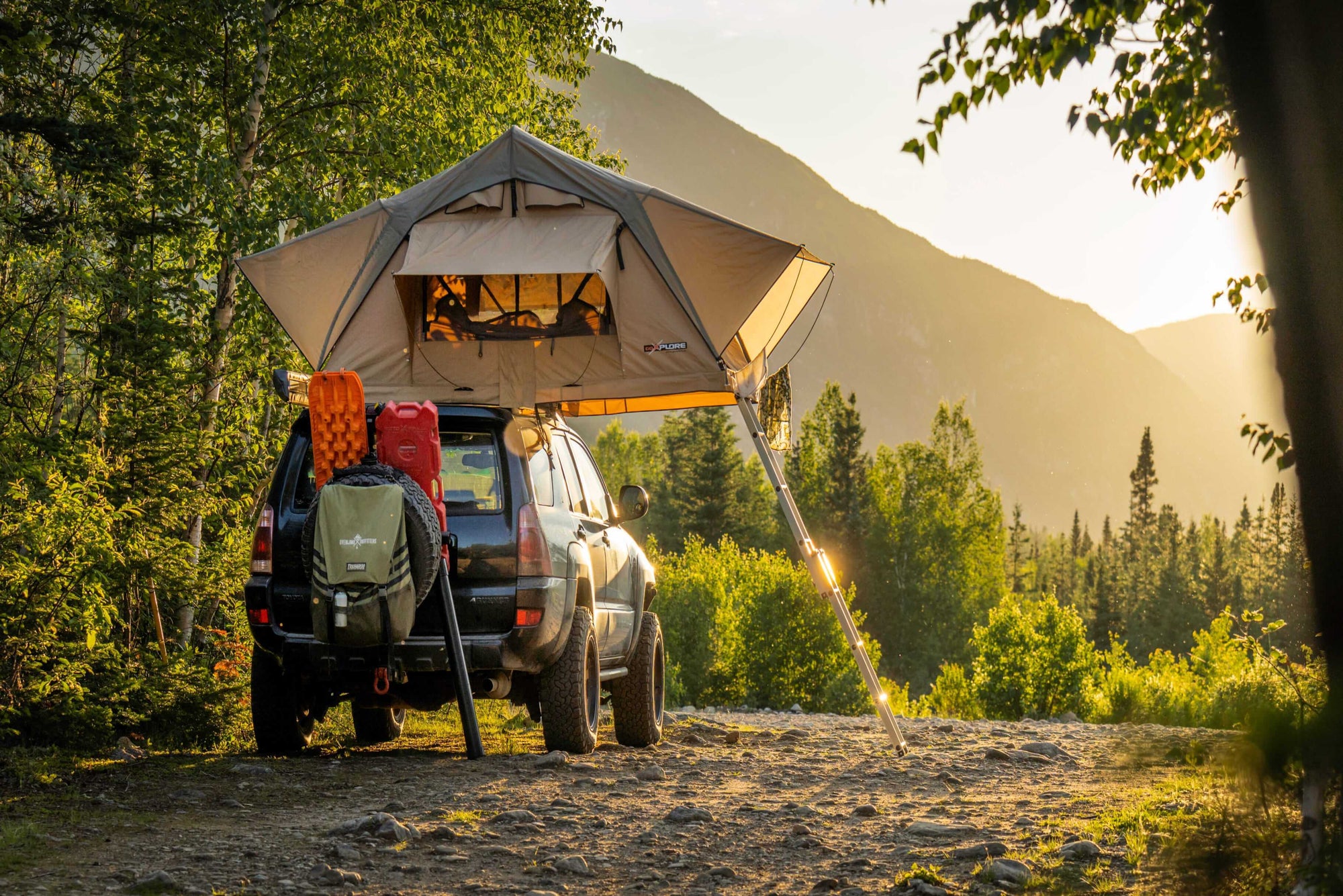Living off-grid can be a rewarding and fulfilling lifestyle choice. It offers a sense of independence and self-sufficiency that is difficult to find in modern urban living. However, it also requires a significant amount of preparation and planning. In this blog, we will explore some off-grid life tips that will help you thrive in your new lifestyle.

-
Choose your location wisely: Before you start living off-grid, you need to find the right location. Look for a place with access to clean water, good soil for farming, and ample sunlight for solar power. Make sure it's also far enough away from the city to avoid pollution and noise.
-
Generate your own power: One of the biggest challenges of living off-grid is generating your own power. Solar panels and wind turbines are great options, but they can be expensive. Start with a small system and gradually add to it as you can afford it.
-
Grow your own food: Another key aspect of off-grid living is growing your own food. Start small and experiment with different crops until you find what grows best in your area. Consider raising livestock such as chickens, goats, or even bees.
-
Practice water conservation: Water is a precious resource when living off-grid, so it's important to practice water conservation. Install low-flow faucets and showerheads, and collect rainwater for irrigation and other non-potable uses.
-
Learn basic survival skills: Living off-grid means being self-sufficient in all aspects of life. Learn basic survival skills like starting a fire, building shelter, and first aid. These skills will come in handy in emergencies and will give you a sense of confidence and self-reliance.
-
Stock up on supplies: Living off-grid means being prepared for emergencies. Stock up on food, water, and medical supplies in case of natural disasters or other unexpected events.
-
Stay connected with the community: Living off-grid doesn't mean living in isolation. Stay connected with like-minded individuals through online forums and local groups. These connections can provide valuable information and support.
In conclusion, living off-grid requires a lot of preparation and planning, but it can be an incredibly rewarding lifestyle choice. With these off-grid life tips, you'll be better equipped to thrive in your new lifestyle. Remember to stay flexible, be willing to learn. Embrace off-grid appliance for a more comfortable, self-sufficient life. Flexibility and learning are key! Enjoy the journey.

